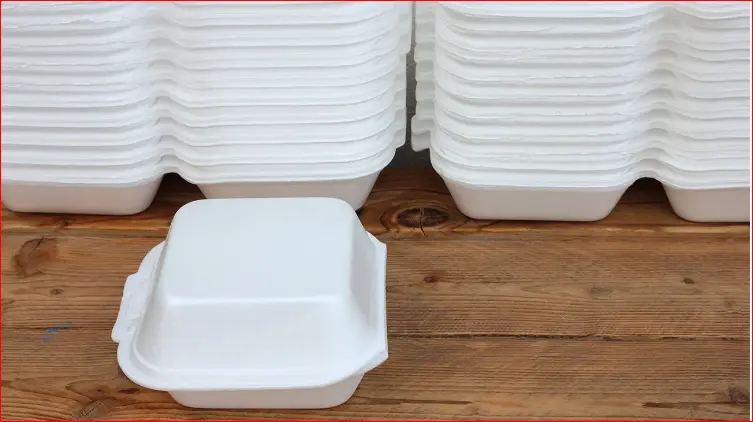Yesterday, the Lagos State government made an official declaration, promptly prohibiting the use and distribution of styrofoam and other disposable plastics. The Commissioner for the Environment and Water Resources, Tokunbo Wahab, personally conveyed the announcement, attributing the decision to the environmental havoc caused by single-use plastics, particularly the non-biodegradable Styrofoam. He highlighted the daily blockage of drainage channels in the state due to the indiscriminate use and distribution of styrofoam, despite regular cleaning efforts incurring substantial costs.
Emphasizing the significant presence of styrofoam in litter across major roads and markets, Wahab expressed the government’s concern about the continued environmental degradation. Consequently, he instructed the State Waste Management Authority (LAWMA) and the Kick Against Indiscipline (KAI) to promptly enforce the ban. The directive included cracking down on production companies and distribution outlets dealing with styrofoam to prevent further dissemination.
Wahab justified the state’s action by citing existing laws and regulations, such as the National Environmental (Sanitation and Waste Control) Regulation 2009 and the 2017 State Environmental Management and Protection Law. These laws empower the government to address activities harmful to human health or the environment. The commissioner warned producers, distributors, and users of styrofoam packs to comply with the ban or face severe penalties, including heavy fines, premises sealing, and bearing the costs of daily cleanups.
In highlighting the potential consequences of disregarding the ban, Wahab pointed to climate change, flooding, and diseases like cholera. He underscored the government’s commitment to prioritizing the well-being of millions of Lagosians over the economic interests of a few affluent business owners associated with the indiscriminate dumping of single-use plastics and other forms of waste.



